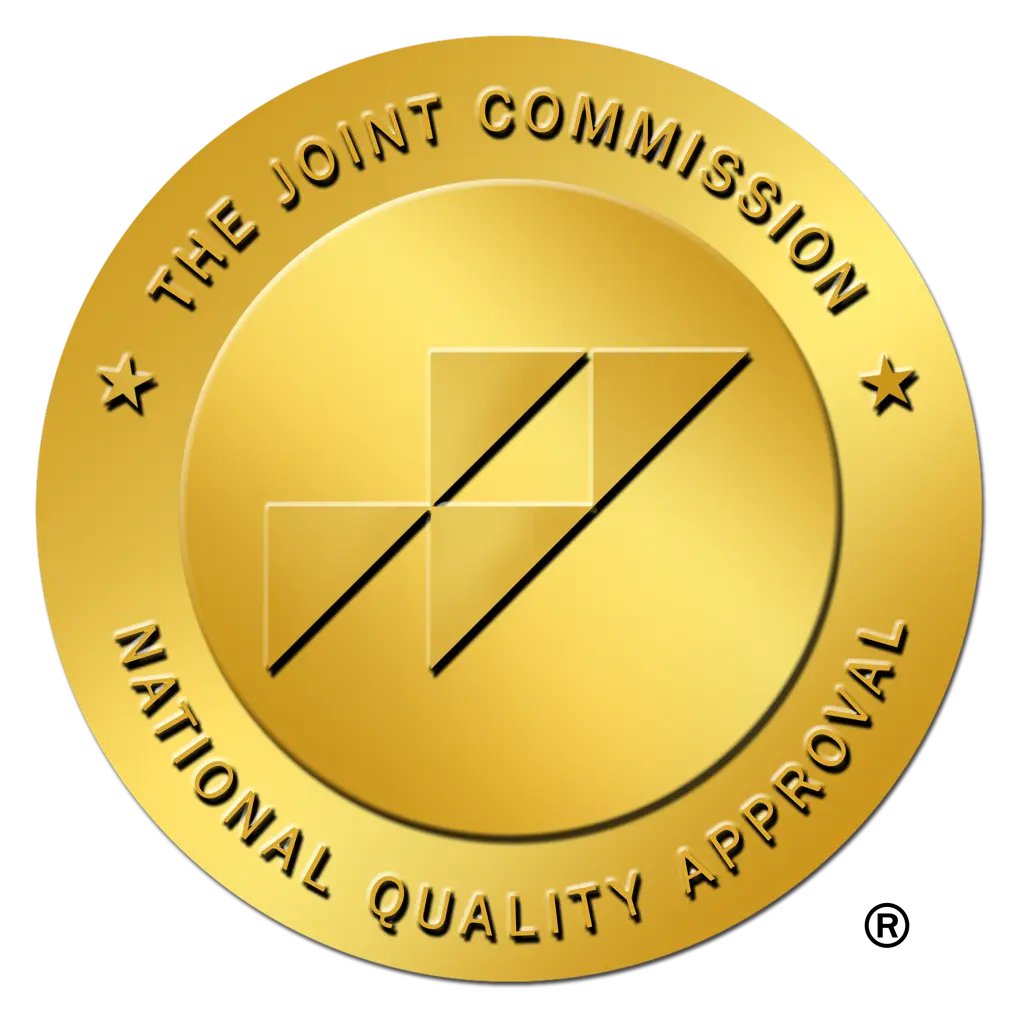Personality Disorders Treatment for Veterans at Alter Mental Health in San Diego
Nestled within the vibrant city of San Diego, Alter Mental Health takes pride in being a sanctuary for veterans, offering dedicated personality disorders treatment for veterans. Understanding the profound impact military experiences can have on one’s psyche, especially in molding or magnifying certain personality traits, we are deeply committed to delivering effective and empathetic therapies. Our goal is to aid veterans in navigating the complex terrains of their emotions, ensuring they transition smoothly into civilian life with the mental and emotional resilience they deserve.
Understanding Personality Disorders in Veterans
Veterans’ challenges and experiences during service can have profound psychological effects, sometimes leading to or exacerbating personality disorders. A personality disorder is a type of mental disorder wherein an individual has a rigid and unhealthy pattern of thinking, functioning, and behaving. For veterans, the manifestation of these disorders can often be influenced by the unique stresses, traumas, and situations they have encountered during their military service.
It’s essential to note that not all veterans will develop personality disorders, and not all individuals with personality disorders have experienced trauma. However, the intense military duties and pre-existing vulnerabilities can lead to heightened risks. Factors such as prolonged deployments, exposure to combat, witnessing loss, or moral injuries can influence the development or exacerbation of these disorders.
Furthermore, transitioning from military to civilian life poses its own set of challenges. The sudden shift in environment, responsibilities, and social context can create an atmosphere where underlying personality disorders become more pronounced or noticeable.
Symptoms and Manifestations of Personality Disorders in Veterans
While there are several personality disorders, each with its own symptoms and characteristics, some common signs might manifest more frequently among veterans due to their unique experiences. Here are some of the manifestations to be aware of:
- Avoidant Personality Disorder: Veterans with this disorder might exhibit feelings of inferiority and extreme sensitivity to criticism and may avoid work activities or decline job offers involving social interactions.
- Borderline Personality Disorder: This can manifest as rapid mood shifts, impulsive actions, unstable relationships, and a fear of abandonment. Some veterans with BPD might struggle with their self-identity after leaving service.
- Obsessive-Compulsive Personality Disorder (distinct from OCD): Veterans might be preoccupied with rules, perfectionism, and control, sometimes driven by a regimented military routine they were once part of.
- Antisocial Personality Disorder: Some veterans might show signs of persistent lying, impulsiveness, irritability, aggressiveness, and a lack of remorse after harming others.
- Paranoid Personality Disorder: This is characterized by pervasive distrust and suspicion of others. For veterans, this might be heightened by experiences where trusting others could have led to danger.
- Schizoid and Schizotypal Personality Disorders: These can manifest as a lack of interest in social relationships, a limited range of emotional expression, and a tendency to be more solitary. Some veterans might also have odd beliefs or be suspicious of others.
It’s crucial to approach these symptoms with sensitivity and understanding. The manifestations might result from complex interplays between military experiences, individual histories, and biological predispositions. With proper care, guidance, and treatment, veterans can navigate the challenges of personality disorders and lead fulfilling lives. It’s also important to recognize the signs of emotional trauma in adults as they can be interrelated.
Challenges Faced by Veterans with Personality Disorders
Veterans with personality disorders encounter unique challenges, often compounded by their military experiences and the transition to civilian life. These challenges can affect their personal, professional, and social spheres, making day-to-day activities and relationships increasingly difficult.
- Social Integration Difficulties: Veterans often find the civilian world unfamiliar and even alienating after leaving service. For those with personality disorders, this shift can intensify feelings of isolation, misunderstandings, or the inability to relate to others.
- Employment Challenges: Personality disorders can interfere with job performance, team collaboration, or retention. The rigidity or unpredictability associated with some disorders can make it hard for veterans to find and maintain stable employment.
- Relationship Strain: Relationships, both familial and romantic, can be strained due to the symptoms of personality disorders. For instance, the impulsiveness or fear of abandonment associated with Borderline Personality Disorder can result in turbulent relationships.
- Self-Identity Issues: The military instills a strong sense of identity in its members. Upon exiting, veterans, especially those with personality disorders, might grapple with questions of self-worth, purpose, and belonging.
- Coexisting Mental Health Issues: It’s common for veterans with personality disorders to suffer from other mental health conditions like PTSD, depression, or anxiety, creating a complex therapeutic landscape.
- Stigma and Misunderstanding: There’s an unfortunate stigma attached to mental health issues, and personality disorders are no exception. Many veterans might feel judged or misunderstood, which can deter them from seeking the help they need.
Alter Mental Health’s Comprehensive Approach to Treating Personality Disorders in Veterans
At Alter Mental Health, we are deeply invested in understanding each veteran’s unique narrative. Our treatment protocols emphasize the following:
- In-depth Assessments: Through extensive evaluations, we identify the specific subtype of the personality disorder and its interrelation with the veteran’s military experiences.
- Collaborative Pathways: Our strategies are co-developed with the veteran to ensure they are actively involved, feel heard, and are comfortable with the treatment progression.

Treatment Modalities Specific to Veterans with Personality Disorders
Our therapies, specially curated for veterans, delve deep into the psyche, addressing core issues:
- Dialectical Behavior Therapy (DBT): An evidence-based approach equipping veterans with emotional regulation skills, improving interpersonal relationships, and enhancing mindfulness.
- Schema Therapy: A therapeutic technique that addresses entrenched patterns of thinking, emoting, and behaving, which are at the root of many personality disorders.
- Supportive Group Dynamics: Providing a safe environment where veterans can share experiences, find mutual support, and collectively work towards healing.
Resources and Supportive Services for Veterans with Personality Disorders at Alter Mental Health
Our commitment transcends traditional therapy. We offer:
- Skill-building Workshops: Regularly organized sessions focusing on enhancing life skills, emotion management, and fostering healthier interpersonal dynamics – all tailored for veterans.
- Dedicated Support Groups: Regular meetings where veterans share their triumphs and tribulations, forging bonds of camaraderie and mutual support.
- Resource Library: A library repository of books, articles, and tools to empower veterans and their loved ones to better understand and tackle personality disorders.
Why Veterans Choose Alter Mental Health for Personality Disorders Treatment
At Alter Mental Health, we recognize the intricate complexities and challenges that veterans with personality disorders face. Our specialized approach to treatment has made us a preferred choice for many seeking help. Here’s why:
- Specialized Care for Veterans: It is crucial to understand the military experience and its impact on mental health. Our team is trained to provide care considering veterans’ unique experiences and challenges.
- Holistic Treatment Approach: We believe in treating the whole person. Our therapeutic approach integrates physical, emotional, and psychological aspects to ensure comprehensive care.
- Evidence-Based Therapies: Alter Mental Health employs a range of evidence-based treatment options and therapies tailored to personality disorders, ensuring that every veteran receives the most effective treatment.
- Supportive Community: Our facility fosters a supportive community where veterans can connect with others who share similar experiences, promoting mutual understanding and healing.
- Confidentiality and Respect: We prioritize the privacy and dignity of every individual, ensuring that veterans can seek and receive treatment in a safe, respectful environment.
- Continuous Support: Beyond initial treatment, Alter Mental Health provides continued support and resources to help veterans manage their personality disorders and achieve long-term well-being.
Our commitment is to offer compassionate, effective care that addresses the unique needs of veterans. At Alter Mental Health, we walk beside our heroes on their journey toward healing and wholeness.
Frequently Asked Questions About Veteran Personality Disorders Treatment at Alter Mental Health
What is a personality disorder and how is it different for veterans?
A personality disorder is characterized by longstanding patterns of thought, behavior, and emotions that deviate from cultural expectations and can lead to distress or impaired functioning. For veterans, these disorders might be exacerbated by military experiences, the transition to civilian life, or traumas faced during service.
How does Alter Mental Health specialize in treating veterans with personality disorders?
Alter Mental Health takes a veteran-centric approach. We understand the unique challenges veterans face, and our team is trained to integrate military experiences and traumas into the treatment process. We provide a supportive community, evidence-based therapies, and continuous resources tailored for veterans.
Are there specific personality disorders more prevalent among veterans?
While personality disorders can affect anyone, some studies suggest that conditions like Borderline Personality Disorder or Obsessive-Compulsive Personality Disorder might be more prevalent among veterans due to the stresses of military life and experiences of trauma.
Can a veteran develop a personality disorder as a direct result of military service?
It’s a complex interplay. While personality disorders generally have roots in early life, military service’s unique stresses and traumas can exacerbate or trigger latent symptoms. It’s essential to differentiate between conditions like PTSD and a personality disorder, though overlaps can occur.
How long does the treatment process typically take?
Treatment duration varies depending on the individual’s needs, the specific disorder, and its severity. Some veterans might benefit from short-term intensive therapies, while others might require longer, more sustained treatment approaches.
Does Alter Mental Health offer outpatient services for veterans?
Yes, Alter Mental Health provides a range of treatment options, including outpatient services. We understand that every veteran’s situation is unique, so we aim to offer flexible treatment modalities to serve their needs best.
Will my family be involved in the treatment process?
Family involvement can be beneficial, especially in understanding and managing personality disorders. With the patient’s consent, Alter Mental Health offers family therapy and counseling sessions to educate and support loved ones.
Are there any support groups or community resources available post-treatment?
Absolutely. Alter Mental Health believes in continuous support. We provide access to support groups, community resources, and follow-up sessions for veterans to ensure long-term well-being and management of their condition.
How do I know if I or a loved one needs professional help for a personality disorder?
If you or a loved one is experiencing distress, challenges in daily functioning, turbulent relationships, or other symptoms related to personality disorders, it’s essential to seek a professional assessment. Early intervention can lead to better outcomes.
How can I get started with Alter Mental Health for veteran personality disorders treatment?
Starting is simple. Reach out to us through our website or contact us directly. Our compassionate team will guide you through the initial assessment process, helping you determine the best course of action.
For further queries or to learn more about our services, please don’t hesitate to contact Alter Mental Health. We’re here to support our veterans every step of the way.
